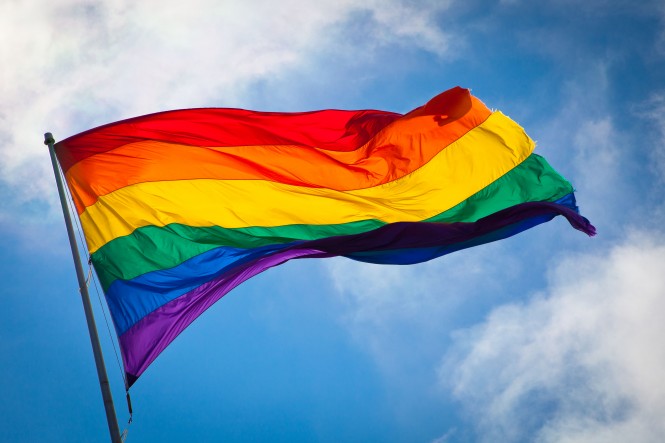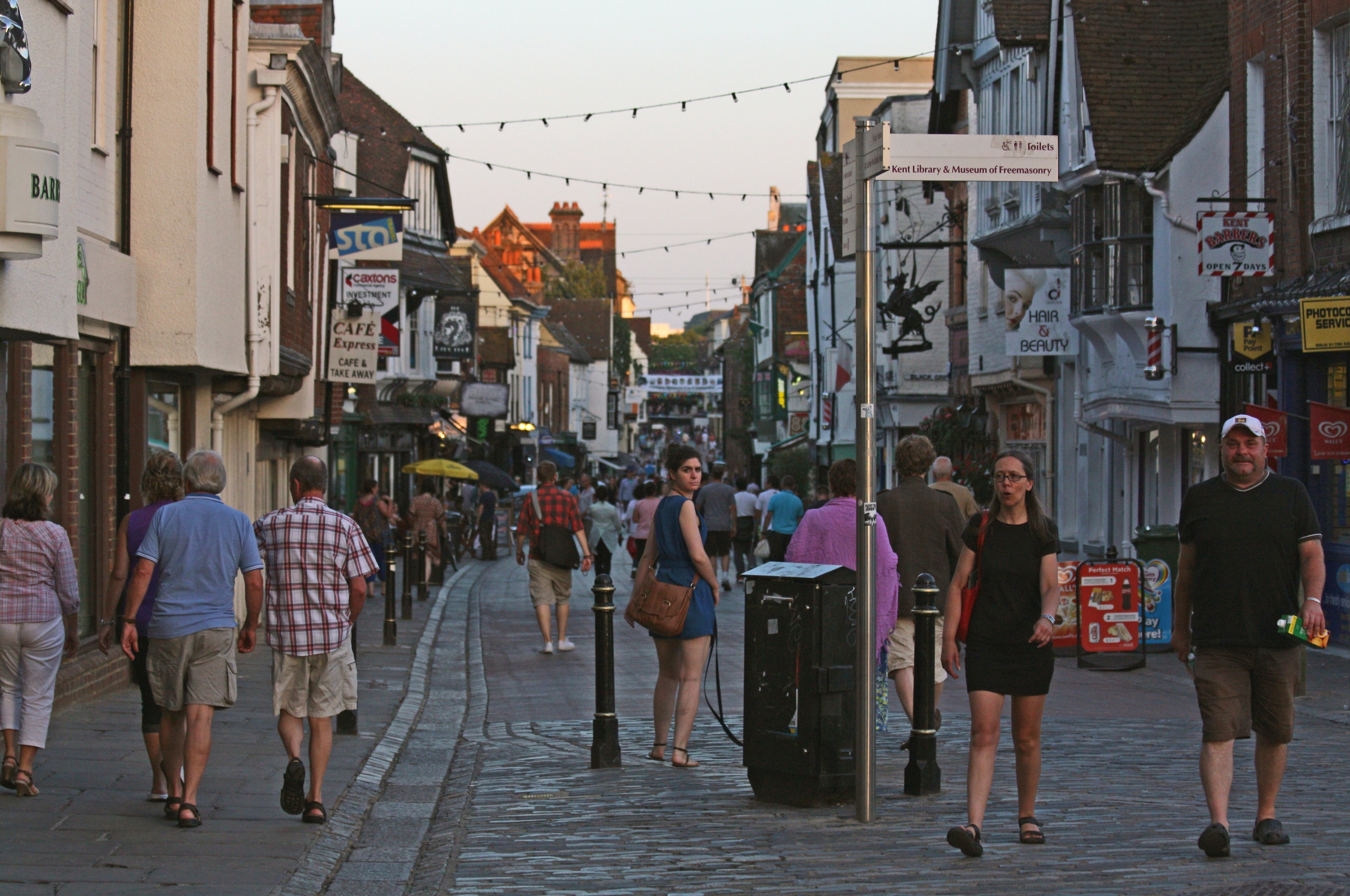
The Equality Fight is Far From Over
James Collins comments on the U.S courts’s decision to reject the appeal on same-sex marriages, perhaps paving the way for equality to be country-wide.

On Monday 6th October, the U.S Supreme Court’s decision effectively meant that gay marriage became legal in eleven more U.S states. While unfortunately this wasn’t a ruling stating that same-sex marriage bans are unconstitutional across the entire country and making it legal in every state, Monday’s decision was still a historic moment for the LGBT movement in America. By refusing to grant any of the seven petitions challenging the three pro-gay marriage decisions by federal courts, it cleared the way for same-sex marriages in Indiana, Oklahoma, Utah, Virginia and Wisconsin.
Despite a number of gay capitals existing within the United States, the public still remain divided on the issue of same-sex marriage. Public opinion polls in the U.S since 2010 show a majority support for same-sex marriage, however with this figure being just above 50% it shows there is still a large resistance in the U.S to same-sex marriage coming mainly from the ‘red states’ that are majorly Republican and conservative. Until Monday, same-sex marriage was legal in 19 states that were either Democratic or have been leaning that way. Gay couples will now be able to wed for the first time and have their marriages officially recognized in politically red states, raising the chances of much more legal conflict.
Monday’s decision suggests that the growth of same-sex marriage in states that once banned it will likely continue without interference from at least the high court. But this does raise the question as to how long it will take until the whole country is united in its decision to allow same sex marriage.
What’s interesting to look at regarding this question is the country’s history with anti-miscegenation laws. A century ago, marriage between blacks and whites was still illegal in more than half of the states. However, it wasn’t until the decision made by the Supreme Court in 1967’s Loving v. Virginia, that the seventeen states that still had laws banning the practice had their laws overturned. In the decade prior, laws in a number of states were repealed by state legislatures or thrown out by the courts. It’s easy to see the parallels in the current drive against gay marriage bans. A decade ago, Massachusetts’ Supreme Court legalised gay marriage and on Monday more than half of the states have legalised gay marriage.
But what if Loving didn’t exist? Without Loving, it’s not clear if those seventeen states might have acted sooner than 1967. Without a similar Supreme Court decision on same-sex marriage, it’s not clear when the remaining 20 states might change their stance on same sex marriage.
The fight is far from over when it comes to equality in the world. Though it may still be a crime to be gay in 77 countries, at least now thousands of people are speaking out and the decision made on Monday paves the way, at least in the U.S, for equality to be implemented for same sex couples.





























Discussions